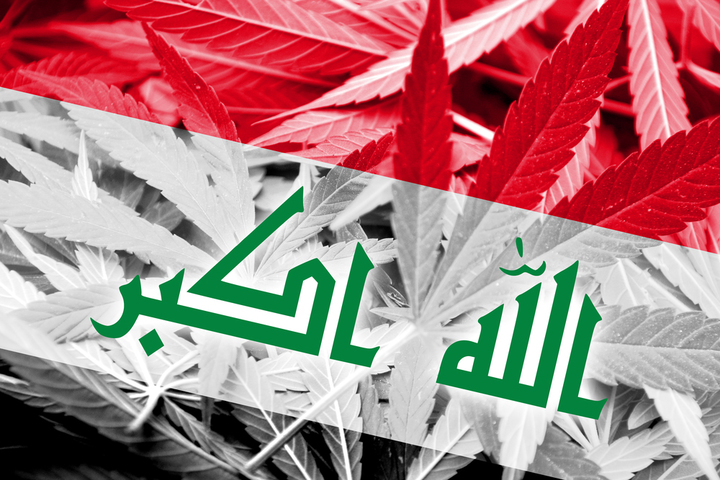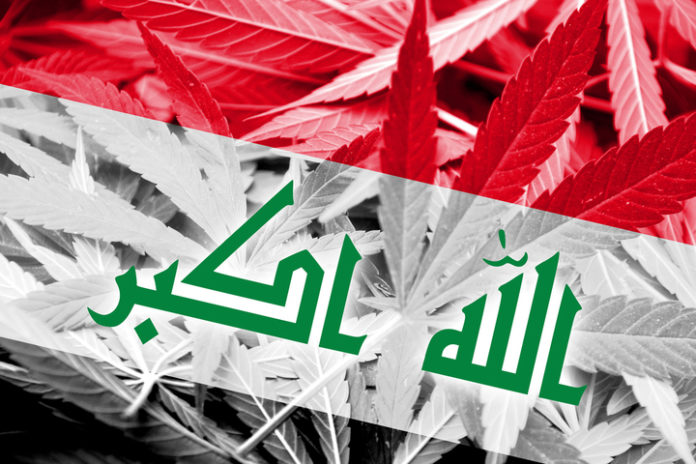A string of drug raids and arrests throughout Iraq may indicate a structural change in the country’s drug market and severity of its growing drug problem.
Late December saw the arrest of a six-person group in Iraq after its Ministry of Interior uncovered a horse stable near Baghdad served a dual purpose for trafficking narcotics.
The arrest came nearly a month after the Iraqi National Security Agency reportedly discovered plants to produce crystal methamphetamine in Basra and the southeastern province of Maysan.
Such reports may seem insignificant on their own, but they garnered attention for a country that has traditionally trafficked its drug supply from neighboring countries rather than produce its own. They help make up an increasing number of drug-related arrests in the country, suggesting Iraq may harbor its own drug hub, specifically for methamphetamines.
Conflicting reports
With little data available on Iraq’s drug use, the country’s production of narcotics is difficult to quantify. Iraq’s uncontrolled and penetrable borders have traditionally made the country an international target for transferring and importing illegal drugs, according to the U.S. Department of State.
But a drug farm uncovered in the Kurdistan region of Iraq tells a different story. Security authorities found roughly $1 million in narcotics planted — largely cannabis — in a raid of what Kurdish news sites call “the first drug farm” in Iraqi Kurdistan.
Similar reports of seizure quantities in the country also suggest a shift toward more drug production.
Abdul Karim Mustafa, a police chief in Basra, said that security forces in the province seized an excess of 180 pounds of narcotics — largely meth or cannabis — between January and August of 2016. That number is a drastic spike from the 16 pounds seized in the area throughout 2015.
The Iraqi parliament’s Agricultural Committee announced in December that it would investigate information about crops being cultivated to manufacture drugs but still denied that the country had shifted to a drug-production state.
“The presence of some individual cases does not mean Iraq is now producing drugs,” said Ali al-Badri, a parliament member in the Agricultural Committee.
Iraqi magistrate Ali Hassan Kamel told Al Sumaria News that while meth still enters Iraq from neighboring countries, Iraqis have also started learning how to produce it themselves. That domestic production, he said, has contributed to more abuse of… (continue reading)

















